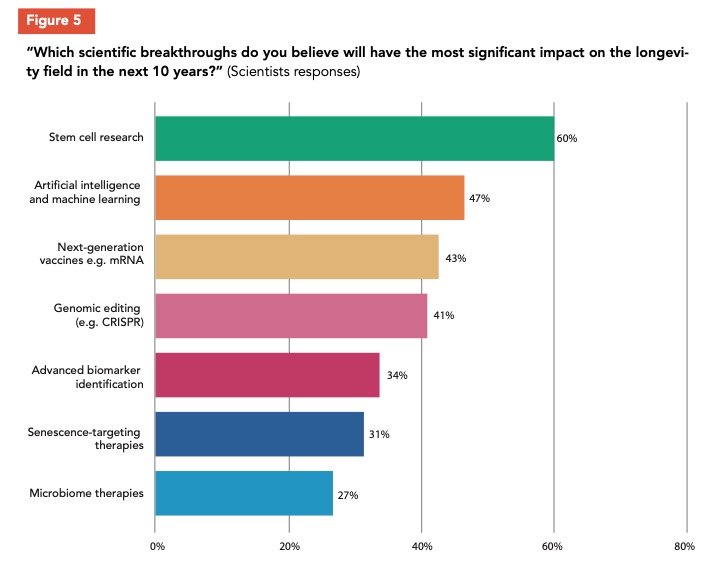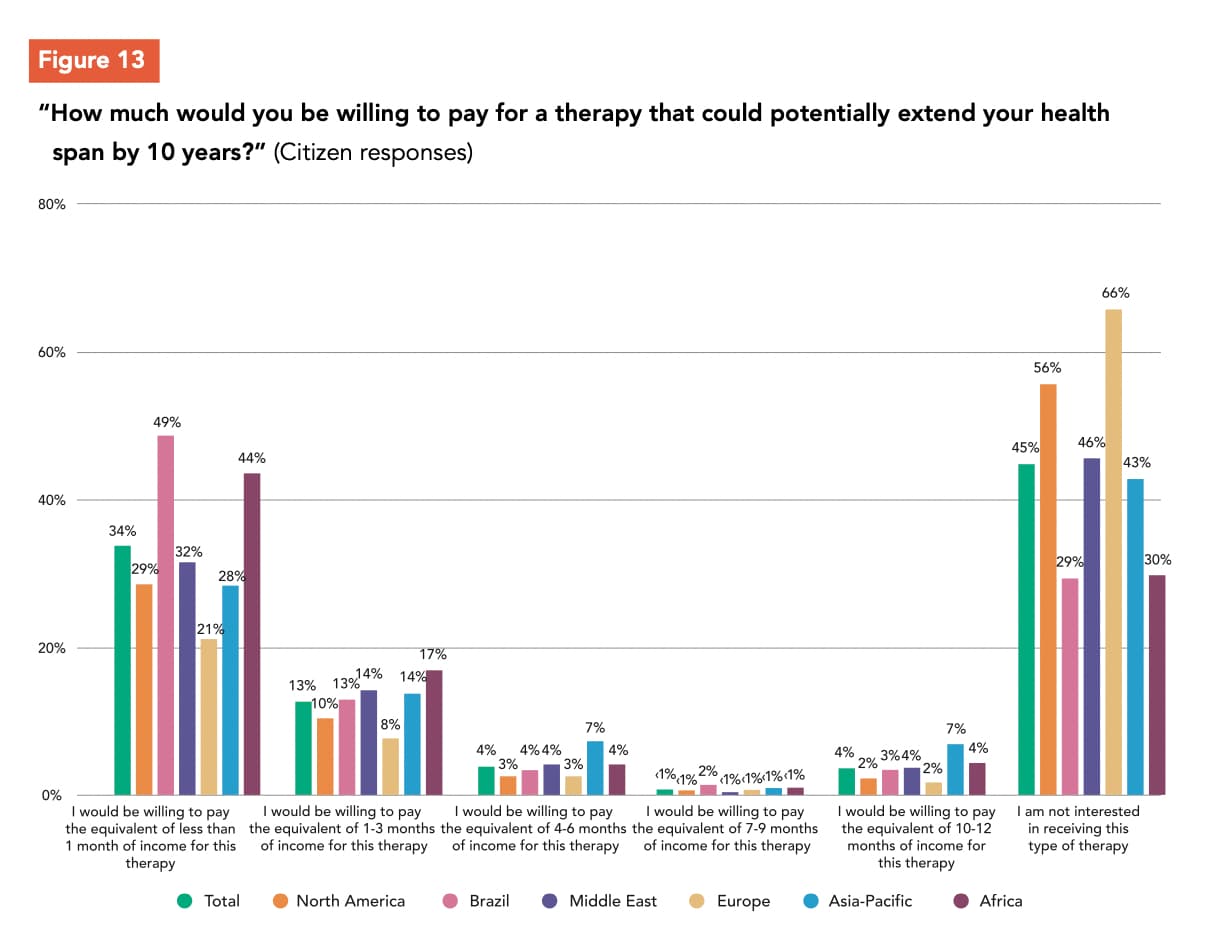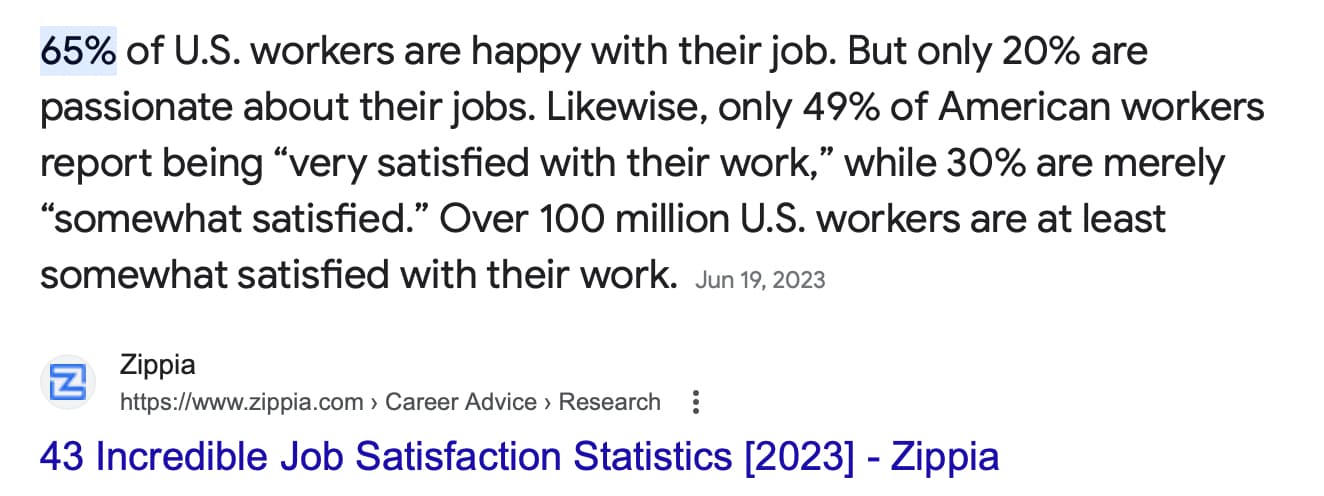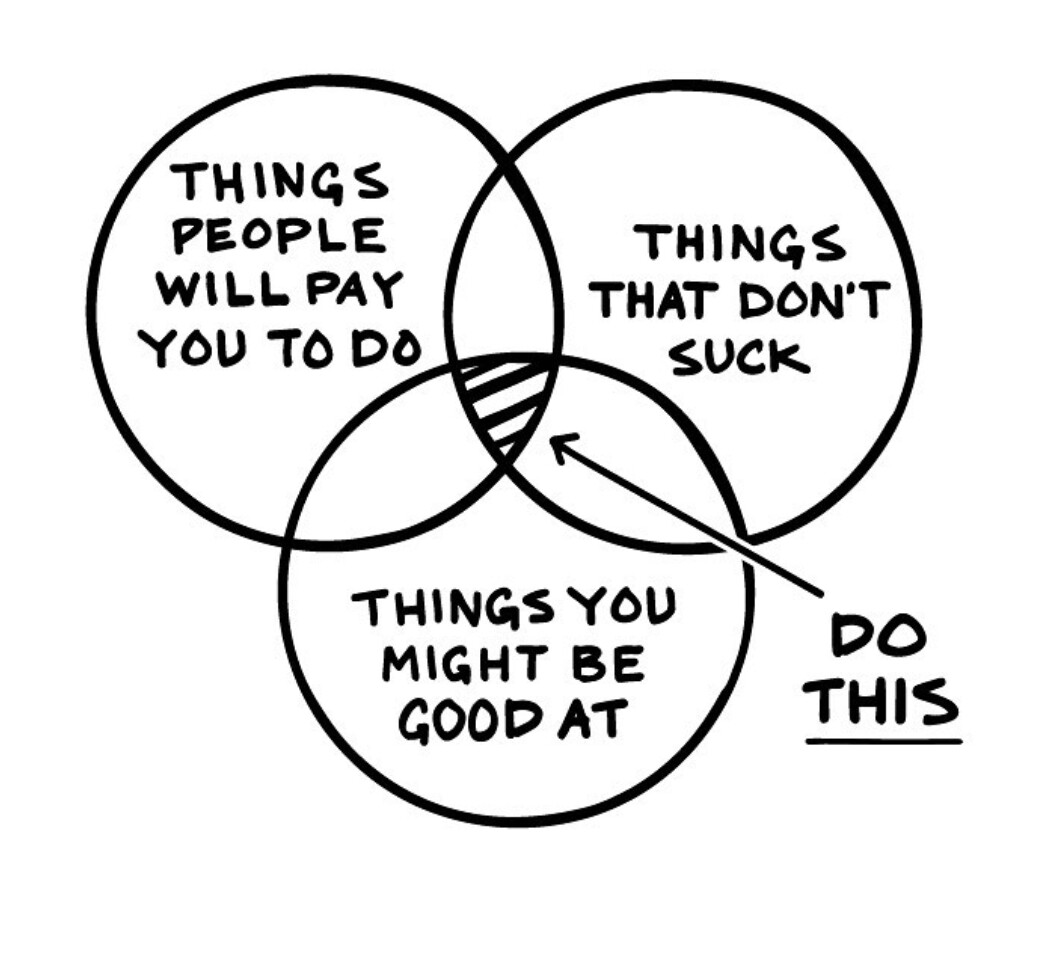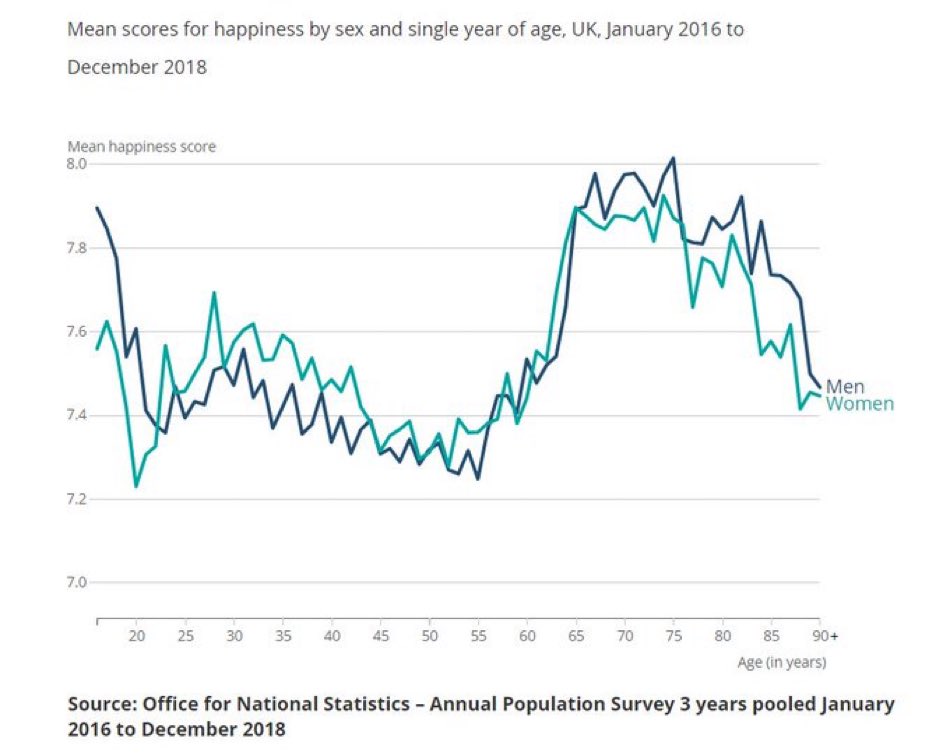Interesting survey results in the report. Without the biomarkers, how will we know anything in the next 5-10 years (another survey indicated that most experts thought 5-10 years would see a longevity breakthrough).
I would argue that “Scientists” may not be the best people to poll on issues related to “translational geroscience” issues, or “scientific breakthroughs”. But I’m not sure we have group that is better. Ultimately, “breakthroughs” may be too hard to predict.
I suspect that if you did the poll 10 years ago, stem cells would also have been at the top of the list, but we have yet to see much in the way of approved therapies that make any sort of significant difference in any medical condition.
I’m old enough to remember the billions of dollars that went into the California Stem cell initiative, with no results that I can point to as making it worthwhile ( I was a supporter of it).
After 14 years and $3 billion, has California’s bet on stem cells paid off?
I’m not a total skeptic… the poll is interesting, and likely shows where the investments are going in these areas, but results I"m not so sure about. The results always seem to be about 10 years in the future, whenever you do the polling. Its a moving horizon…
In biology, biotech and tech generally, there is a huge “Hype” factor in all new developments. Part of this is just the competitive nature of business; you need to get people excited about your business or area of research so you can recruit great employees and investors, so you hype up the potential impact of your technology or area of research. This is even more true in Longevity, where Life Extension Escape Velocity always seems to be about 10 years away.
Basically, I think people like to use the estimate of “5 to 10 years” as a time period for future results because it means there is no pressure to produce immediate results, and when the 5 to 10 year benchmark comes around everyone has forgotten the original prediction, and moved on. Look at Calico… it was heralded as the big new thing, billions of dollars into Longevity by the founders of Google, how could it go wrong? And the results… zilch from what I can see.
Calico was formed in 2013. You’d think that given the hundreds of millions of dollars and a decade of time, that they would have done something meaningful in the area… but no.
Altos could go the same way… as could the Hevolution fund efforts. My general approach is very “cautious optimism”. I believe results when I see them… almost everything takes longer than you think, or expect.
Yes…and keep taking rapamycin in case the big breakthrough takes a while.
Going by my own two pronged hypothesis improving mitochondria is essential and Rapamycin has to be a key tool in the mitochondrial toolbox.
Xprize will be a good test of any hypotheses.
Actually, I think the XPrize is probably one of the best ways to spur longevity innovation. Great idea. I hope it works.
Is anyone else’s mind blown by the majority response in this question? Really? Not Interested in healthier longevity at any price? Wow. Hevolution needs to hire some psychologists & researchers to understand why anyone “of sound mind and body” would say this. What exactly is the downside to a longer/healthier life?
I worry we may be moving into a new “Dark Ages” when I see that type of response, but I may be just jumping to conclusions. Once a few percent of the population starts looking like the people in our thread 70 is the new 30? Inspiring Stories of Healthy Longevity and press starts covering them more broadly and it takes over social media, perhaps things will pickup in this interest.
Considering the number of depressed and suicidal people out there, as well as the number of people who think that will be an added 10 years of frailty and decrepitude, it’s not surprising. Also there’s a good number of people who think health span is a fitness cable channel.
But don’t worry, it’s all about the top 10% anyway. They’ll make it happen.
Maybe its misunderstanding (though the question does say “health span” perhaps thats a foreign concept to some people).
Its interesting that Brazilians seem the most enthusiastic about the idea of 10 healthy more years, from the “pay” response (aggregating all responses), and Africa too.
I also find it surprising that Europeans are so negative on this concept…with 66% “not interested”. I find that amazing. Why?
It could also be that people are not financially ready to handle another 10 years of retirement. It may be like saying would you like to pay to work an extra 10 years. Who knows what was going through the minds of the respondents?
I figure the amount of funds needed to reach escape velocity for retirement (when your income exceeds your expenditures for every year left in your life) is about USD 5 million (and that’s for a rather modest retirement). IMHO, Close to 100% of the people in that poll will never reach that goal.
Honestly, sometimes I find it difficult to understand what some people think. It makes me wonder if there is a modern-day version of lead poisoning affecting swaths of the populace that afflicted the Romans with insanity.
Just look at Caligula… or (insert modern crazy ruler’s name)… ![]()
When it comes to healthy longevity, we should obviously just ignore what most people think. A Steve Jobs quote is actually in order here (I’m normally not a huge Steve Jobs fan because I’ve heard from too many friends working at Apple about what a dick he could be, but this quote seems accurate right now).
I think you will find that people will pay more for more defined things like - cure diabetes, cure cancer, cure frailty.
I think you may be right here… but maybe it doesn’t matter. If you can stay healthy and active, and mentally “with it”, and you like your work, you can keep working (even part-time) and keep the income stream going.
This is absolutely true… when death is knocking at the door, you’ll pay to get it taken away. But with that approach something new (a new age-related disease) will be back knocking on that door in a few years.
But yes - people, broadly speaking, don’t take a longer term view of life. Just like public corporations in the US, they take a Quarter by Quarter view and long term planning is rarely a thought. Human nature and evolution didn’t make us into good long term planners, but boy can we run when the tiger is coming after us ![]()
Ah. There’s the rub. How many people can say they like their work? I’d say about 10-20%?
I love my job, but I’m quite rare IMHO. (And they’re going to retire me (kick me out) sometime between now and when I’m 60-65. But by then, I’ll be ready to embrace retirement full-on.
And even though I enjoy my job, some days, I’m ready to embrace retirement full-on right now. ![]()
If I was financially troubled, I’d envision a poor man’s retirement as equivalent to the lifestyle I had when I was at university.
Living cheaply in my parents’ house. Hopefully, they’ll still be alive by then too. ![]()
Social security on the other hand…
Hard to say. I googled “what percent of americans enjoy their work” and this is what came up… the numbers are not as bad as we suspected (at least in this survey):
Europeans not so much, so I guess its cultural:
Europeans are unhappier with their workplaces than anyone else in the world, according to Gallup’s State of the Global Workplace: 2022 Report. Fourteen percent of European employees are engaged at work – a figure that is seven percentage points lower than the global average (21%) and 19 points lower than the U.S. and Canada (33%).
Culture is often used to explain Europe’s abysmal employee engagement scores. But if Europeans cared so little about work, why would they continue to work even if they didn’t have to? In 2015, almost three-quarters of German workers said they would keep working even if they inherited so much money they never had to work again. Slightly fewer American workers (68%) said yes to a similar question in August 2013.
Satisfied is much different from like. I was satisfied with my jobs before 2009. They paid the bills and it was better than being destitute.
I’ve enjoyed (almost) all my jobs after that. I define that by meaning I would (almost) rather go to work than have a day off at home.
Why do people work when they are unhappy? Probably the same reason people stay in toxic relationships. It’s an evolutionary trait.
George Carlin said “imagine how stupid the average person is then realize half of all people are stupider than that.”
Some people really have limited intelligence but most are willfully ignorant. They take pride in clinging to childish models of the universe that trade magnificent uncertainty for false confidence.
Onward and upward
I wonder if a big chunk of that European 66% who won’t pay come from the UK where most people expect it all to be free of charge on the NHS!
Yeah I agree with that, people most likely don’t know what healthspan means. I don’t think they phrased the question in a good way.
The Y axis on the graph is truncated. So the difference isn’t that large.
